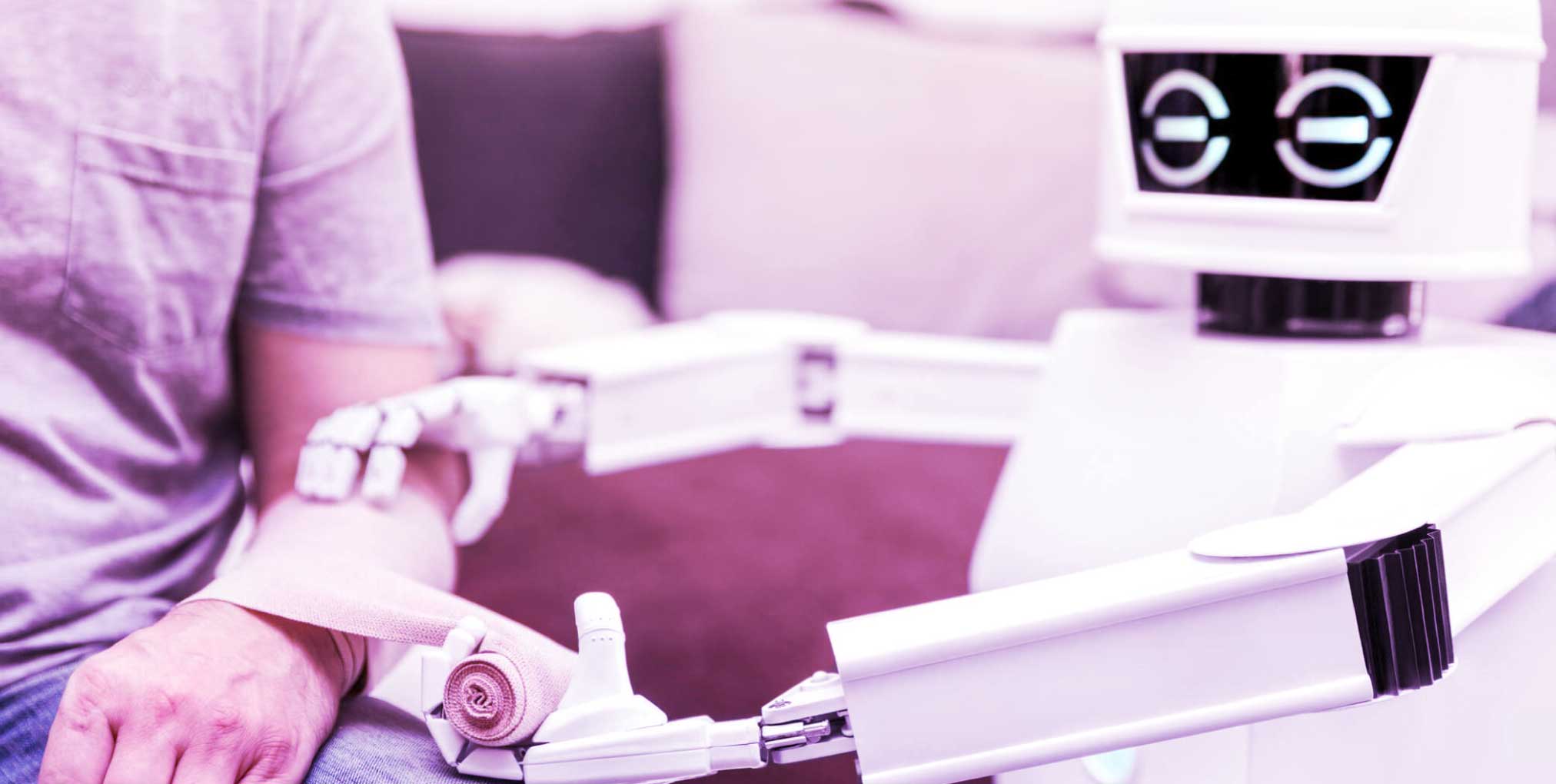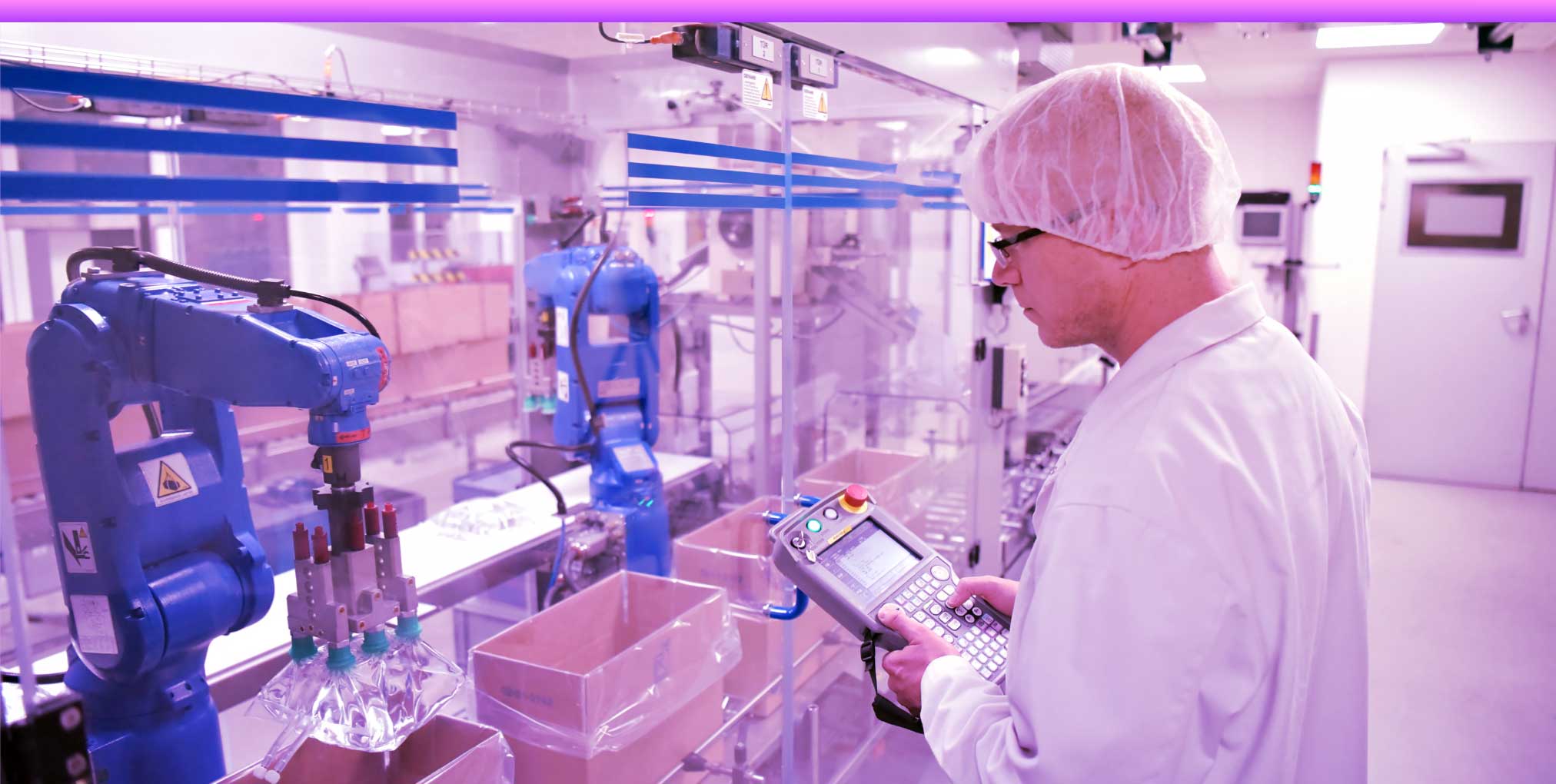

January 4, 2024
AI and Digital Health: A Glimpse into the Future
AI and Digital Health are changing how healthcare works, bringing many advantages to patients, healthcare providers, and the whole industry. According to Precedence Research, the global AI in the healthcare market was valued at $15.1 billion in 2022 and is expected to grow and reach $187.95 billion by 2030. These numbers indicate big changes in how healthcare providers, hospitals, pharmaceutical companies, and other industry stakeholders work.
Technologies focused on health have significant growth potential to create positive impacts. This potential includes introducing new treatments, improving diagnostics and prevention at earlier stages, and enhancing the overall quality of healthcare provision.
The synergy between AI and digital health can revolutionize healthcare practices in diverse ways. This collaboration has the potential to reshape the entire patient experience.
What is Artificial Intelligence?
Artificial Intelligence (AI) represents a branch of computer science and engineering working to develop intelligent agents. These agents are capable of mimicking cognitive functions associated with human intelligence. AI aims to give machines the power to see, think, learn, and adjust similarly to how humans think.
The foundational principles of AI encompass a spectrum of techniques, methodologies, and algorithms designed to imitate human intelligence. Machine learning, a subset of AI, uses statistical models to help systems get better at tasks over time without being explicitly programmed.
Deep learning emerges as a prominent paradigm within machine learning. It uses neural networks with many layers to automatically pick out essential details from data, making it good at handling complex information.
What is Digital Health?

Digital health refers to the convergence of digital technologies with healthcare, aiming to enhance healthcare services’ efficiency, delivery, and management. It consists of a wide range of technologies, including:
- Electronic health records (EHRs)
- Mobile health applications
- Wearable devices
- Telehealth solutions
- Genomics
- Health information systems.
Digital health aims to use technology to improve patient outcomes and empower individuals to participate actively in their well-being. AI and Digital health enable collaboration between healthcare professionals and patients in managing health conditions through innovative digital healthcare tools.
Read More: Top 8 Digital Health Tools You Need to Succeed in Healthcare
AI Healthcare Environment
The innovation can help bridge the healthcare funding gap by reducing healthcare costs and improving efficiency. It also mentions that telemedicine, which uses telecommunications for remote diagnosis and treatment, could ease the burden on patient care by 25%, as stated by the National Health Service (NHS) England.
In the United States, chronic diseases impact half of the population, contributing to over 85% of total healthcare costs. This issue extends globally, as the World Health Organization estimates that non-communicable diseases result in 41 million deaths annually, with 77% occurring in low- and middle-income countries, incurring a cost of over $2 trillion per year.
The landscape is rapidly evolving, with the recent introduction of generative AI platforms such as ChatGPT. As technology evolves, new possibilities emerge in medicine. Digital innovations bring more solutions and opportunities, shaping the future of healthcare.
Future Advancements in AI and Digital Health
1: Robot-Assisted Surgery and Dentistry
In the future of digital healthcare, AI-driven robotic systems are set to revolutionize surgery and dentistry, bringing about more precise and effective procedures. Picture a robot dentist with advanced AI algorithms, improving the accuracy of dental work and reducing discomfort.
In surgery, these robotic systems may analyze extensive medical data to plan and execute procedures precisely. They can adapt in real-time during surgery, ensuring a consistently high level of accuracy, even in unforeseen situations.
Regarding dental care, robot dentists with AI algorithms will excel in diagnostics, analyzing images, and patient records. They may offer real-time assistance during procedures and even perform routine tasks autonomously under human dentist supervision. This fusion of AI and Digital Health aims to reduce errors and enhance safety in dental practices.
2: Smart Prosthetics and Rehabilitation Devices
In the future, we can expect significant progress in Smart Prosthetics and Rehabilitation Devices, thanks to the crucial role played by AI. This development aims to create intelligent prosthetics and rehabilitation devices that can adapt and learn from user movements. Smart prosthetics will provide a more natural and efficient support system, especially for individuals with limb loss or impaired mobility.
Adaptive Functionality
AI-driven smart prosthetics will be designed to adapt to each user’s unique needs and movements. This adaptability goes beyond traditional prosthetics, allowing for a more natural and intuitive user experience.
Machine Learning Integration
As we advance, AI/ML trends in healthcare are also very evident. Similarly, these devices will have machine learning algorithms. Ml will enable them to learn and optimize their functionality based on user behaviors. Over time, the prosthetics can adapt to changes in gait, preferences, and daily activities, enhancing overall performance.
Real-Time Adjustments
The future of AI healthcare will facilitate real-time adjustments in response to the user’s environment and activities. For example, a smart prosthetic limb could automatically adjust its grip strength when handling delicate objects or provide additional support when on uneven terrain.
Enhanced Sensory Feedback
Intelligent prosthetics will use AI to enhance sensory feedback for users. This means users can experience a more natural sense of touch and control. The sense will improve their ability to interact with the environment and reduce the cognitive effort required to use the prosthetic.
Predictive Maintenance
AI algorithms can predict potential issues or wear-and-tear in the prosthetic device, enabling proactive maintenance. This predictive capability ensures the device’s longevity and reduces unexpected breakdowns. The reduction offers users greater reliability and confidence in their prosthetics.
3: Virtual Nurse Assistants
In the foreseeable future, the evolution of Virtual Nurse Assistants stands as a groundbreaking advancement in Digital Health. This innovation foresees the development of highly sophisticated AI-driven virtual nurse assistants, providing continuous support in various aspects of patient care.
Virtual nurse assistants, enhanced by AI, will be capable of continuously monitoring vital signs and health metrics. This real-time surveillance allows for early detection of any deviations from baseline health.
AI-powered virtual nurse assistants will take on the role of reminding patients to take their medications as prescribed. The reminders can also have personalized information about the medication and potential side effects.
Using AI and digital health, virtual nurse assistants will analyze individual health data to offer personalized health advice. This advice may include:
- Dietary recommendations
- Lifestyle adjustments
- Guidance on managing specific health conditions.
AI-driven virtual nurse assistants will play a crucial role in managing chronic diseases. They can monitor and track long-term health conditions, providing ongoing support, education, and intervention strategies to help patients better manage their health.
Virtual nurse assistants will likely integrate with wearable devices like smartwatches and fitness trackers. The wearables will help gather additional real-time health data. This integration enhances monitoring accuracy and provides a comprehensive understanding of the patient’s health status.
4: Emotional Health Support

In the evolving landscape of AI and Digital health, the emergence of Emotional Health Chatbots represents a significant advancement. These innovative chatbots will be purposefully designed to offer valuable mental health support. They will provide users with a confidential space to openly discuss and address their emotional well-being using digital healthcare tools.
Using natural language processing capabilities, these AI-driven chatbots will understand and respond to users’ distress expressions. Moreover, they will also offer appropriate resources to promote mental well-being.
Emotional Health Chatbots are being developed to serve as a readily accessible support system for users. Users can engage in open and honest conversations about their emotional state, knowing that the interaction is confidential and non-judgmental.
One of the key advantages of Emotional Health Chatbots will be their round-the-clock availability. Users can seek support whenever needed, reducing barriers to accessing mental health resources.
5: Genomic Data Analysis for Personalized Nutrition
In the future of digital healthcare, one groundbreaking advancement is – Genomic Data Analysis for Personalized Nutrition. This innovation uses AI to analyze genomic data. It will provide individuals with custom recommendations for their dietary choices. By understanding genetic predispositions, this technology seeks to promote better health outcomes and contribute to disease prevention.
Precision in Nutrition Planning
Integrating AI into the analysis of genomic data may allow for an exact and individualized approach to nutrition planning. This goes beyond generic dietary recommendations. It will consider a person’s unique genetic makeup for a more accurate and personalized nutritional strategy.
Personalized Nutrient Optimization
AI algorithms can identify specific nutrient needs based on genetic factors, ensuring that individuals receive the right balance of vitamins, minerals, and other essential elements crucial for their unique physiology.
Behavioral Adaptation Support
AI may also assist individuals in adapting their behaviors to align with personalized nutrition recommendations. Through behavioral nudges and educational content, the technology can support users in making sustainable changes to their dietary habits.
Enhance Healthcare Processes with Xeven Solutions
The rise of AI in healthcare streamlines processes for enhanced efficiency. If you seek AI development services for your healthcare facility, consult Xeven Solutions. We specialize in providing innovative AI solutions to elevate your medical processes and improve overall performance. Contact us at .
Conclusion
In conclusion, the future of AI and digital health promises a landscape of progressive advancements. These innovations stand to redefine the way we approach healthcare. As we enter the future, AI integration empowers healthcare providers with insights for accurate diagnostics and personalized treatment plans. Patients benefit from proactive care, with AI offering continuous monitoring and support for physical and emotional health.
The advent of digital health technologies integrated with AI will improve the quality of care and democratize healthcare access globally. As these technologies become more sophisticated and linked to our healthcare systems, we can anticipate a future where preventive care and well-being take center stage.








